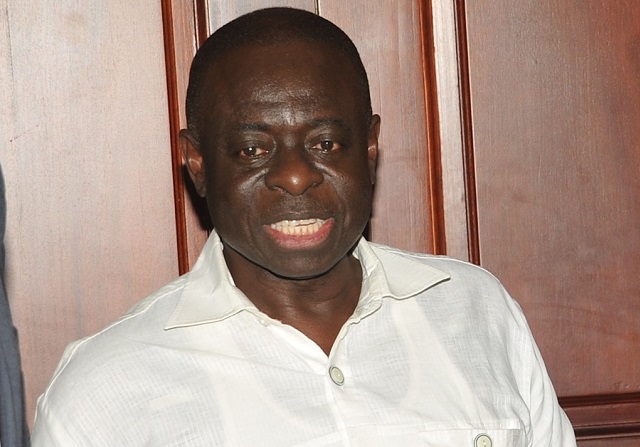
Conviction of Montie trio problematic but Presidential pardon will represent misuse of Executive power
The Ghana Centre for Democratic Development (CDD-Ghana) has described the conviction of the Montie trio for contempt as problematic.
Advertisement
It has, however, cautioned against a presidential pardon for the convicts, saying such an action “will represent the most vulgar misuse of Executive power and, worse still, set a dangerous precedent”.
A statement issued in Accra yesterday by CDD-Ghana held: “The classification of the Montie case as contempt is problematic because it blurs the lines between legitimate public opinion on judicial rulings, which is encouraged under a democratic system of checks and balances, and traditional contempt cases.”
Continuing, it said: “The actions of the court have encouraged continued taunting of the Judiciary and, hence, a weakening of its legitimacy.”
Applying contempt of court rules
It mentioned two main ways in which a person could be cited for contempt to include “when a person disrupts court proceedings and, therefore, is deemed to have perverted the course of justice and when a person disobeys a court order”.
Flowing from that, the statement indicated that “the Supreme Court’s broad interpretation and enforcement of the contempt of court rule in the Montie case had transgressed the boundaries of the long-held understanding of what constitute contempt of court”.
‘Rise above temptation’
To CDD-Ghana, it was untenable for the Supreme Court to initiate and adjudicate on its own case, saying that “doing so betrays the cardinal element of judicial ethics that a judge cannot judge his own case”.
Again the centre, in its statement, attempted to punch holes in the Supreme Court’s decision to evoke its original jurisdiction.
“Evoking the Supreme Court’s original jurisdiction in these instances undermines and conflicts with other equally important rights and protections under the Constitution, such as the right to fair trial and equality before the law.
“If the Supreme Court only evokes its original jurisdiction to protect the independence of the court rather than to enforce the Constitution in general, then it weakens its sacred role as custodians of our constitutional democracy,” it argued.
Against the background of developments, it warned that the action of the court would open the floodgates for attacks on the Judiciary, especially on the Internet.
‘Don’t pardon trio’
Notwithstanding the flaws it identified in the trial and conviction, CDD-Ghana took a serious view of calls on the President to pardon the trio by invoking Article 72.
“If there was ever a terrible case to be made for exercising a presidential pardon, the Montie case will be a prime candidate.
“If the President was to succumb to the pressure from the party and pro-government activists to exercise his power this way, it would represent the most vulgar misuse of Executive power and, worse still, set a dangerous precedent. In a sense, it would institutionalise an already unfair practice of incumbent party sympathisers being treated differently before the law and by the state,” it said.
“Montie FM and its owners are avowed NDC and Mahama administration supporters and promoters. No matter the depth of sympathy for the individuals involved in the Montie case, this cannot be a constructive cure,” it added.
Going forward, the statement said there was the need to check practices that tended to erase the gains made under the Fourth Republic.
Failure to enforce laws
CDD-Ghana took a serious view of the activities of criminal justice institutions in the country, arguing that the Montie case was another example of the failure of the institutions to enforce laws.
It indicated that the failure of the police to arrest the individuals who issued threats of murder on the Supreme Court judges was untenable.
“The police, who have responsibility for such matters, failed to act; and so did the Attorney-General’s Department and Ministry of Justice, whose remit is to safeguard the integrity of the Judiciary. Rather, it was the BNI,




